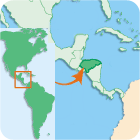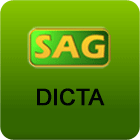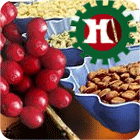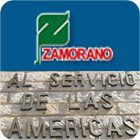Plant breeding programs in Honduras
 Most land in Honduras is covered by mountains, giving rise to the country's nickname, "the Tibet of Central America.". The total land area is 11.2 million hectares, of which a scant 1.7 million hectares (about 15 percent) are well suited for agriculture. Nevertheless, the Honduran economy has always depended almost exclusively on agriculture. Coffee is at the moment the main agricultural activity of the country, contributing with the highest percentage from the agricultural sector to the Gross Internal Product and in the generation of direct and indirect employment.
Most land in Honduras is covered by mountains, giving rise to the country's nickname, "the Tibet of Central America.". The total land area is 11.2 million hectares, of which a scant 1.7 million hectares (about 15 percent) are well suited for agriculture. Nevertheless, the Honduran economy has always depended almost exclusively on agriculture. Coffee is at the moment the main agricultural activity of the country, contributing with the highest percentage from the agricultural sector to the Gross Internal Product and in the generation of direct and indirect employment.
Honduras is a country with little development of its farming production system; this also is reflected in a precarious system in plant breeding. At the moment there are few institutions, public or private, that dedicate efforts to breeding. In general, breeding programs are relatively new; none of them were established more than three decades ago. The number of breeders is small.
Institutions are mainly dedicated to the improvement of crops that are basic for food security of the Honduran population such as beans, rice, and maize, plus coffee as a cash crop. The combined effort has resulted in the release of six varieties of maize, 17 of bean, three of rice, and three of coffee.
All institutions agree that the inadequate number of breeders is the limiting factor for the success of the plant breeding programmes. Inadequate infrastructure of research laboratories, and the lack of resources for experiments in the laboratory and in the field are the main constraints for breeding.
Research and education institutes with activities in plant breeding
Public Institutes
|
|
Science and Farming Technology Department - Dirección de Ciencia y Tecnología Agropecuaria (DICTA)
|
Private Institutes
|
|
Honduran Coffee Institute - Instituto Hondureño del Café (IHCafé)
|
|
|
Panamerican Agricultural School Zamorano - Escuela Agrícola Panamericana Zamorano (EAP)
|
Information by Nestor Javie Meneses (2008) - Information based on the Honduras's full report from the PBBC survey. Last revised 20-07-2009, GIPB



